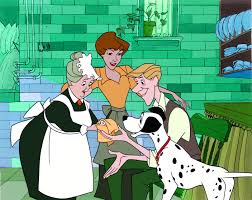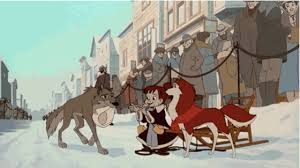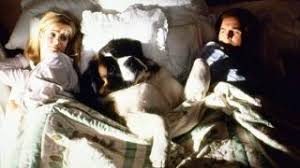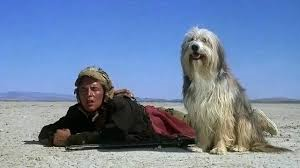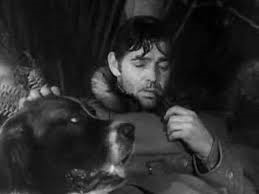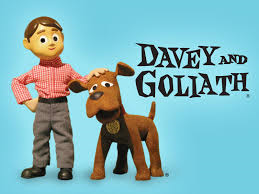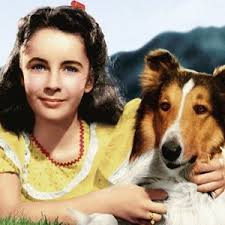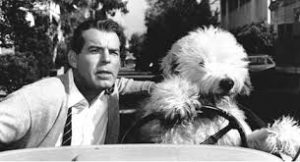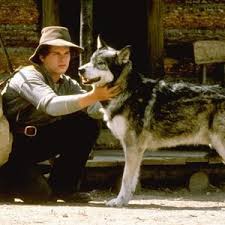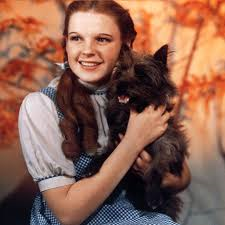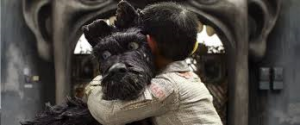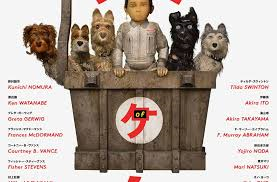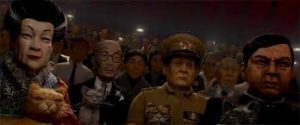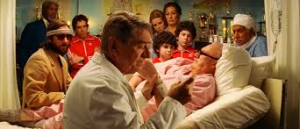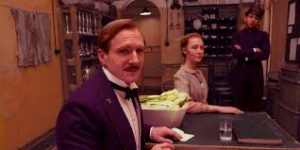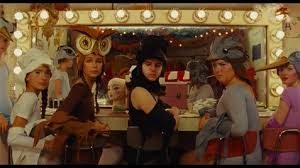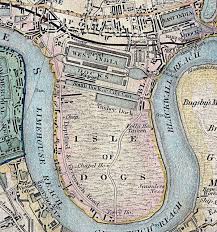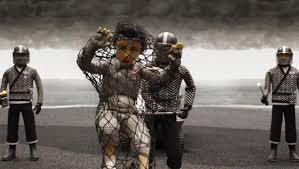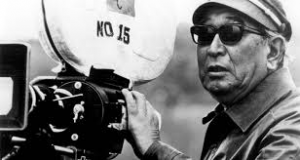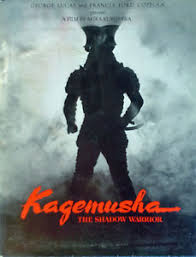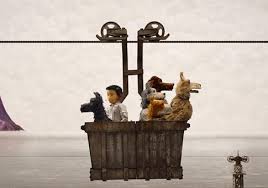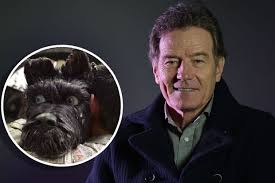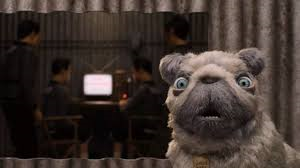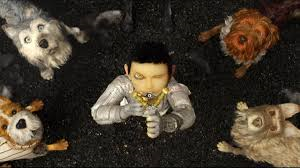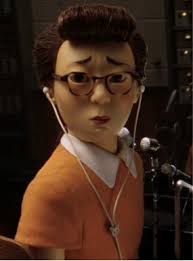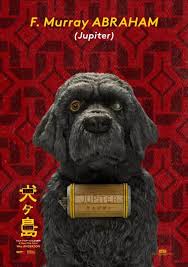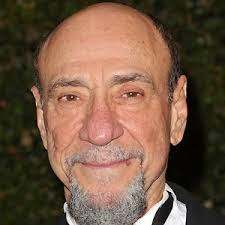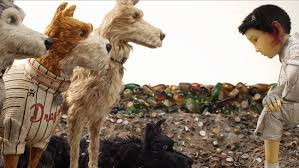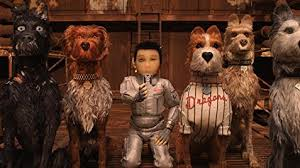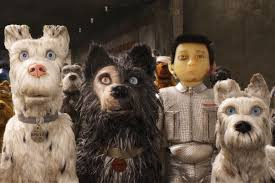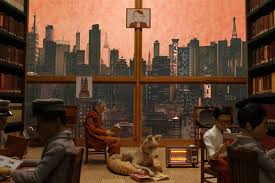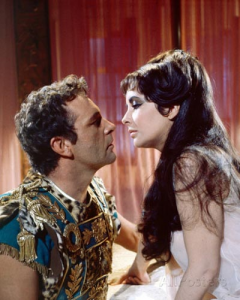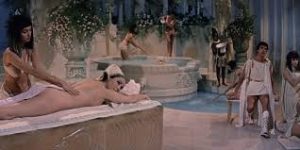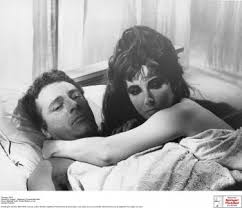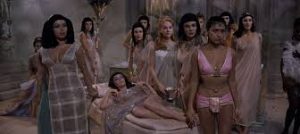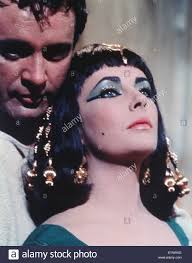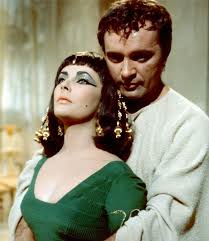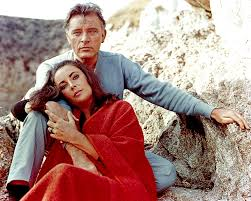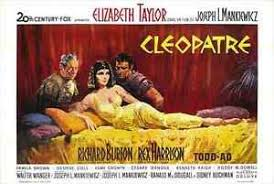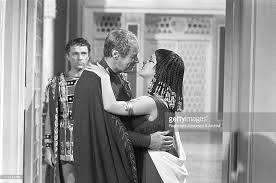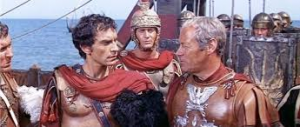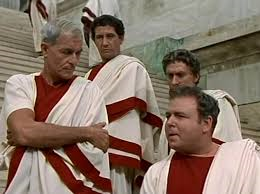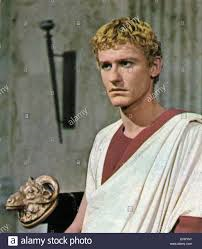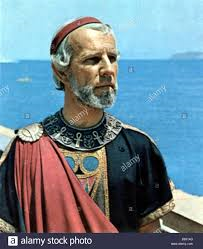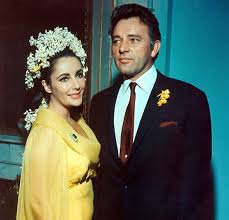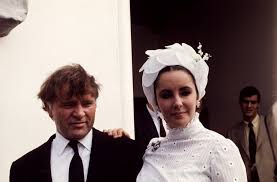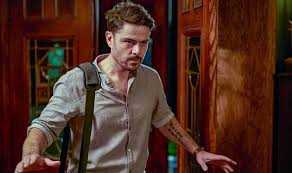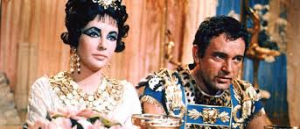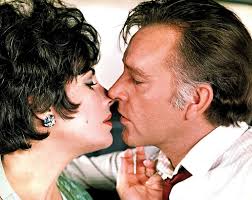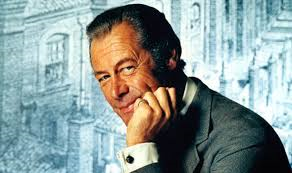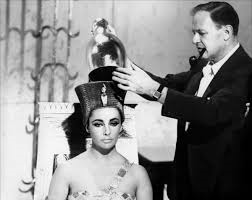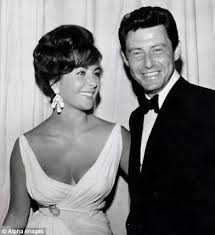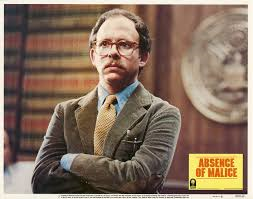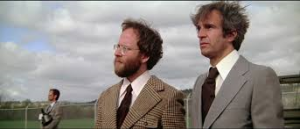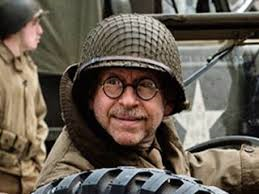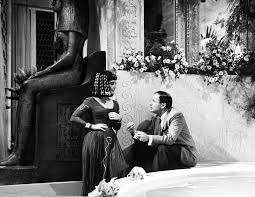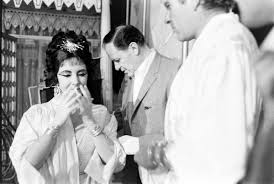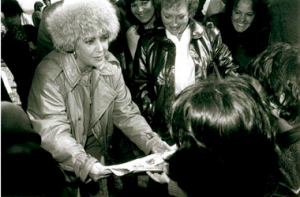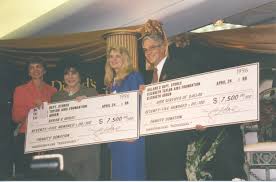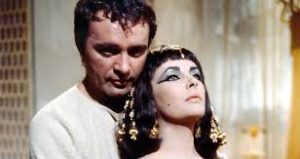SHORT TAKE:
Peculiar stop-action animated dramedy about abandoned dogs and their nobility in a dystopian Japanese future and the boy who adventures out to rescue one of them.
WHO SHOULD GO:
The violence is, literally and figuratively, cartoonish, but unlike most cartoons, there are realistic outcomes: bitten off ear, bones of a starved dog, ripped eyes, missing fur – so mid-teens a minimum, and only then with parental discretion. As always, when in doubt, PARENTS YOU SEE IT FIRST before taking your kids.
Remember, they can not UNsee something.
LONG TAKE:
Isle of Dogs is a straight up tale of a boy searching for his lost pet.
But that is where the possibility of it being a kid movie ends. Isle of Dogs is really an animated stop action film for adults that most older kids could probably go see too. The premise of this very odd animated movie involves dog-hating corrupt politicians in a Japan 20 years into the future. (Not, according to Wes Anderson, necessarily OUR future or Japan's future but SOME future in the…future. Don't blame me, that is what Wes Anderson said.)
Acting on a thousand year old feud between dogs and cats, the evil Mayor of Megasaki gets his henchmen to devise and deliberately introduce a lethal snout flu into the dog population, making dogs both sick and more aggressive. To "protect" the population, all dogs from the fictitious Japanese town, (which name seems to stand for LOTS – mega – of very strong rice wine – saki), are sent to Trash Island, aptly named for the location to where all of the pollution, litter, industrial waste, radioactive discards, plastic bottles,
rusted car parts, broken glass and every day garbage are dumped from Megasaki.
The animation is almost entirely stop motion puppets, and the "making of" Isle of Dogs videos are fascinating. Each portion of this strange film is stylized:
a cave made of discarded soda containers, a mountain of black sand,
an island of tires. Anderson primarily uses bright colors in the peopled Magasaki and muted colors on Trash Island, not only to highlight and represent the desolation of Trash Island but to realistically reflect the fact that dogs are partially color blind and Anderson wanted the view of the place to be from the dog’s POV.
I wondered what would inspire Wes Anderson, the director of such disparate but equally quirky films as: the
Royal Tenenbaums,
The Grand Budapest Hotel,
The Fantastic Mr. Fox and
Moonrise Kingdom, (yes, Anderson likes that signature over-the-shoulder shot, doesn't he?), to make this rather odd film. It turns out after some research that the primary reasons are an amalgam of four disparate thoughts: a London street sign, a misunderstanding about him personally, a familiar trope, and 1960s Japanese directors.
It began apparently when Mr. Anderson was driving through London during the filming of The Fantastic Mr. Fox and saw a street sign "Isle of Dogs". Yes, it is a real place –
a suburban area built into a loop of the Thames. The name stuck with him. Further it's a bit of a play on words. Say it fast and it becomes "I love dogs". Which leads to the misunderstanding about him personally.
In Wes Anderson films, bad things often happen to dogs. This goes a long way to explaining why I'm not a big fan. See in my Sgt Stubby review where I talk about Lethal Weapon 2. This particular repeating motiff has led to the misunderstanding that he does not like dogs. However, according to Mr. Anderson, this is very much not true. So he has written a movie about a group of abused examples of these endearing creatures – which leads to the next reason I have uncovered.
Mr. Anderson likes to include the concept, in all of his movies, of the endearing Underdog.
The character up against seemingly overwhelming odds who surely cannot win but for whom everyone roots and who often overcomes the odds.
Mr. Anderson, in a conceptual pun, has written a screenplay about the ultimate Underdog – the downtrodden, less fortunate dog, who has become the under dog.
The abandon group of men's best friends, who are condemned to die alone on a trash island, who face seemingly insurmountable odds, but whom are very likeable and for whom we root are the very definition of the Underdog.
The ultimate underdogs.
Finally, Mr. Anderson simply is a fan of two Japanese directors.
Akira Kurosawa was the director of movies such as Ran, the Japanese version of King Lear, Rashomon, the brilliant classic film about an attack in a forest told consecutively from four points of view, and Kagemusha, (which translates to "political decoy") about a thief who is hired to be the body double of a king. For you Star Wars trivia buffs, just "so's ya' know," Kagemusha
was made possible through the influence and financial intervention of George Lucas. Lucas attributed inspiration for his breakthrough epic Star Wars from Kurasawa’s movie The Hidden Fortress. Shocked at finding out that Kurasawa could not get funding or attention to get Kagemusha filmed, Lucas pulled his now very thick and powerful strings – purse and studio – to get Kurasawa the backing he needed and the movie was a massive financial and critical hit.
Wes Anderson admits to being a big fan and was highly influenced in his use of style by Kurasawa as well.
The other Japanese director is
Hayao Miyazaki, an acclaimed manga animator of
Princess Mononoke, which Anderson says he admires for his use of nature and silence.
Therefore, Anderson set the location and the architectural styles of Japan
with a Frank Lloyd Wright flair.
The movie is not without humor. It is actually quiet funny in moments

with a dry wit often worthy of Steven Wright ("I woke up one morning to discover everything in my house had been replaced with an exact duplicate,") or George Carlin's "Hippy, Dippy Weatherman" routine, where he predicts that the nighttime would likely be "dark" with continued "dark" until the morning and that "the weather would continue to change for a long, long time."
Similarly, the dogs comment matter of factly on their tenuous, sometimes impossible, and seemingly hopeless situation with a jaunty optimistic naivety. Boss is voiced with
deadpan wryness by Bill Murray,
King with gentle common sense pragmatism by Bob Balaban,

Rex with a slight bit of snark by Ed Norton,
Duke as a gossipy worrywart by Jeff Goldblum, and Chief
with a straight man's frustration by Bryan Cranston. These dogs all have notably different personalities, despite the limited abilities of the puppets to express facially or look terribly individual.
Rounding out more of the cast are Scarlett Johansson's Nutmeg,
Leiv Schrieber's Spots,
Tilda Swinton as the TV interpreting Oracle,
Koyu Rankin as Atari, known to the dogs as the "Little Pilot"
for the daring way he arrived on Trash Island,
Greta Gerwig (the director of Ladybird, read about Ladybird in my Oscar Winners of 2018 review here) as
Tracy Walker, who takes up Atari's cause to the citizens of Megasaki, and
Frances McDormand who acts as narrator and occasionally Greek Chorus.
Incredible care and detail went into making each of the figures. For example, Andy Gent, working with 70 other artists, deliberately made the dogs' legs differently – they wanted to hit a "balance" between reality and "caricature," so to create that effect and for the convenience of the puppeteers, gave the dogs hind legs that look like front legs.
They brought in real dogs – sometimes pets from the cast and crew – and fashioned them according to certain actors they wanted to reflect, such as Charles Laughton's visage for Jupiter the St Bernard, voiced by F. Murray Abraham.
They also used
mechanical armature as a skeleton and crafted the fur from alpaca and merino wool.
There are virtues to be learned of: loyalty, redemption, fortitude and finding the purpose that God has given you. God IS mentioned in a positive way.
The dogs are at a loss until they are given the opportunity to once again serve humans and
humans have an obligation (defined Biblically as a stewardship) to care for, protect and respect the devotion lavished on us by dogs.
We are reminded often that dogs are supposed to be man's best friend and until that relationship is restored there is no real peace either in Megasaki or in the dog world.
While Isle of Dogs is aimed mostly at adults, despite its distinct peculiarities, this movie fits into that long honored list of films that remind us of the enduring relationship between humans and man's best friend.